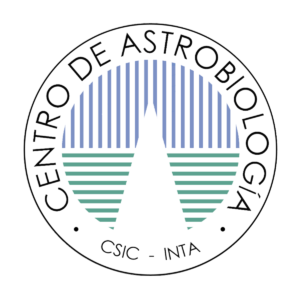One of CAB’s objectives is to find out the physico-chemical limits to the development of life on our planet and to infer whether the presence of life on other planetary bodies is feasible.
As part of this objective, one of the lines of research is aimed at studying the molecular mechanisms of micro-organisms for adaptation to extreme conditions.
Using various molecular biology techniques, such as functional metagenomics and metatranscriptomics, samples from a variety of extreme environments have been analysed, such as from hypersaline lagoons in the Andean highlands, from the Tinto River, from hydrothermal waters in Iceland and Chile, and from the rhizosphere of plants growing in Antarctica and in saline soils. These techniques allow access to the genetic information of the micro-organisms present in the environment, whether or not they can be cultivated. This approach has identified new genes and molecular mechanisms involved in resistance to UV radiation, salinity, perchlorate, acid pH and toxic metals.
In addition, some of these genes are being transferred into plants to study whether they improve their ability to withstand extreme conditions, with the aim of designing food-producing plants that could be used in life support systems in future space missions.
Another line of research of our group is the study of extracellular DNA production and its relevance to gene transfer in microorganism populations.






